cough shortness of breath fatigue
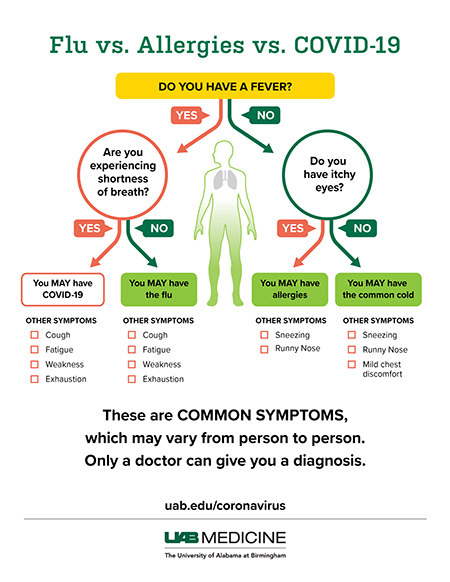 Sorting out symptoms of COVID-19, influenza, colds and allergies - News | UAB
Sorting out symptoms of COVID-19, influenza, colds and allergies - News | UABCartPneumonia What is pneumonia? Pneumonia is an infection or inflammation of the air sacs (alveoli) in the lungs. Fluid and/or pus enters the alveoli, obstructing them and preventing oxygen from reaching the blood. It is a common disease, particularly in winter and spring due to the growing circulation of bacterial and viral respiratory infections that often occur at those times of the year. Pneumonia can be a serious illness, especially for infants and young people, people over 65, and people with pre-existing health problems. SymptomsThe symptoms of pneumonia depend on the severity of the disease (which is related to the cause, age, and general health). Common symptoms include the following. What causes pneumonia? There are many different causes of pneumonia, some more serious than others. The exact cause cannot always be identified, even after the tests. In most cases, pneumonia occurs after a germ is inhaled in the lungs. However, sometimes an infection reaches the lungs by other means, such as through the bloodstream. Common infectious causes are the following. Pneumonia can also develop if someone accidentally breathes food, beverages or vomiting in their lungs. This is known as aspiration pneumonia and usually affects people who have coughing or swallowing problems (e.g. after having a stroke). It may also occur if you inhale smoke, chemicals, or dust in your lungs. Pneumonia typesPneumonia is usually classified according to the type of germ that caused it (e.g. bacterial or viral pneumonia). It can also be classified according to where the infection was detected (e.g. in the hospital or in the community) or how it was taken (e.g. aspiration pneumonia). Symptoms and severity of pneumonia vary by type. Bacterial pneumonia In bacterial pneumonia, symptoms can be severe. Symptoms may appear suddenly or gradually, and may include: Viral pneumonia Many cases of viral pneumonia are not serious and only last a short time. But the flu virus can cause severe pneumonia, especially in older people, pregnant women and people with other health problems. Symptoms of viral pneumonia may be similar to flu symptoms, and include: In some cases, viral pneumonia may be complicated by a bacterial infection. Pneumonia Micoplasm This is a type of atypical pneumonia, and most of the time it affects people under 40 years of age. This type of pneumonia is usually mild but can be severe. Common symptoms include: Who is at risk? Some adults are more at risk of pneumonia than others. Risk groups include: Complications Pneumonia can cause serious complications. Some types of pneumonia are more likely to cause complications than others. Complications may include: If you develop complications, you may need hospital treatment. Diagnosis and Tests You should see your GP (general practitioner) if you are not well with any of the pneumonia symptoms described above. Your doctor will want to ask about your symptoms and how long you have had them. They will also ask about their general health and whether it has not been well with a cold or flu recently. A physical exam will help your doctor diagnose pneumonia. Your doctor will take your temperature with a thermometer, check how fast you are breathing and listen to your chest with a stethoscope. When examining your chest, your doctor may notice reduced respiratory sounds on one side of the chest or crack sounds, which may be signs of pneumonia. If your doctor suspects that you have pneumonia based on your symptoms and physical exam, the following tests may be recommended. Early diagnosis and treatment are important for pneumonia. If you think you have pneumonia, consult your doctor immediately. For people with chest pain, inhalation or confusion, call a 000 for an ambulance or go to the nearest hospital emergency department. TreatmentThe treatment will depend on the type and severity of your pneumonia, as well as your overall health. If you're not too bad, you can be treated at home. People with more severe pneumonia will need hospital treatment. If you are being treated at home, it is very important that you take all the medications exactly according to your doctor's instructions. You should see your doctor if you are not improving after 2 days of treatment. Antibiotics or antivirals Antibiotics are used to treat bacterial pneumonia. If your pneumonia is severe, you may need intravenous antibiotics (which are given by infusion in a vein) in the hospital. Antiviral drugs for viral pneumonia may be recommended. Pain and Fever ReliefMedicines such as paracetamol or ibuprofen may be given to treat pain and fever. Analgesics are often needed to help relieve chest pain so you can cough and lift secretions from your chest. Oxygen may be necessary if you have a low oxygen concentration in your blood. People who need oxygen therapy should be treated at the hospital. Self-care It is important to rest enough and drink plenty of fluid to help you improve. People who are not well with pneumonia may need liquids given through a vein (through a drip) in the hospital. No smoking is also important for recovery. RecoveryHealthy, young people usually recover from pneumonia within a week or 2. However, cough may persist for several weeks and many people feel more tired of the usual for weeks or even months after pneumonia. Older people may feel very weak for some time while recovering and may need a prolonged rest period before they feel completely recovered. Can pneumonia be prevented? There are available vaccines that can protect against infection with several common causes of pneumonia. Pneumococcal Immunization There are 2 vaccines available in Australia that can help prevent pneumonia due to pneumocococcal bacteria (neumonia pneumonia). They are 13vPCV (Prevent 13) and 23vPPV (Pneumovax 23). The recommended vaccines depend on their age and risk. Vaccination is generally recommended for the following groups – and is free in the National Immunization Program for these groups: Flu VaccinationPneumonia can be a complication of flu, especially in people who have weakened immune systems or who are not in optimal health. Older people, pregnant women and young children also have a higher risk of severe disease with flu infection. Having a flu vaccine every year before or at the beginning of winter is a reasonable precaution for anyone who wants to avoid flu and its complications. Other vaccines Other vaccine-preventable infections that may result in pneumonia include: Vaccination against these diseases is recommended as part of routine childhood vaccines in Australia under the National Immunization Programme. References 1. Community-acquired pneumonia (published in November 2014). In: . Melbourne: Therapeutic Guidelines Limited; 2019 Jan. https://tgldcdp.tg.org.au/ (accessed Apr 2019). 2. Pneumonia summaries (updated Jun 2018). https://bestpractice.bmj.com/ (accessed Apr 2019). 3. BMJ Best Practice. Community-acquired pneumonia (feb 2019 updated). https://bestpractice.bmj.com/ (accessed Apr 2019). 4. Australian Technical Advisory Group on Immunization (ATAGI). , Australian Government Department of Health, Canberra, 2018, immunisationhandbook.health.gov.au (accessed Apr 2019). 5. Australian Government Department of Health. (updated 19 NMar 2019). https://beta.health.gov.au/health-topics/pneumoccal-disease (accessed Apr 2019). You like it too. Reply Must be to post a comment. Recent posts About MyDrPopular Topicsmy The doctor cannot replace your doctor. See your doctor for diagnosis. SUBSCRIBESubscribe to our Weekly Newsletter Learn about new articles
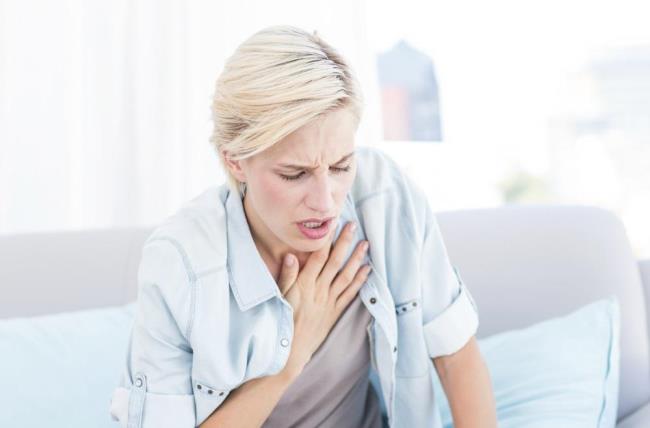
Shortness Of Breath: What Your Body Might Be Telling You - Penn Medicine
/pneumonia-symptoms-adult1-5b4f538946e0fb0037a6ca58.png)
Pneumonia: Signs, Symptoms, and Complications

Are your symptoms flu or COVID-19? | Healthy You

General Symptoms & Information — Independent Rights & Resources
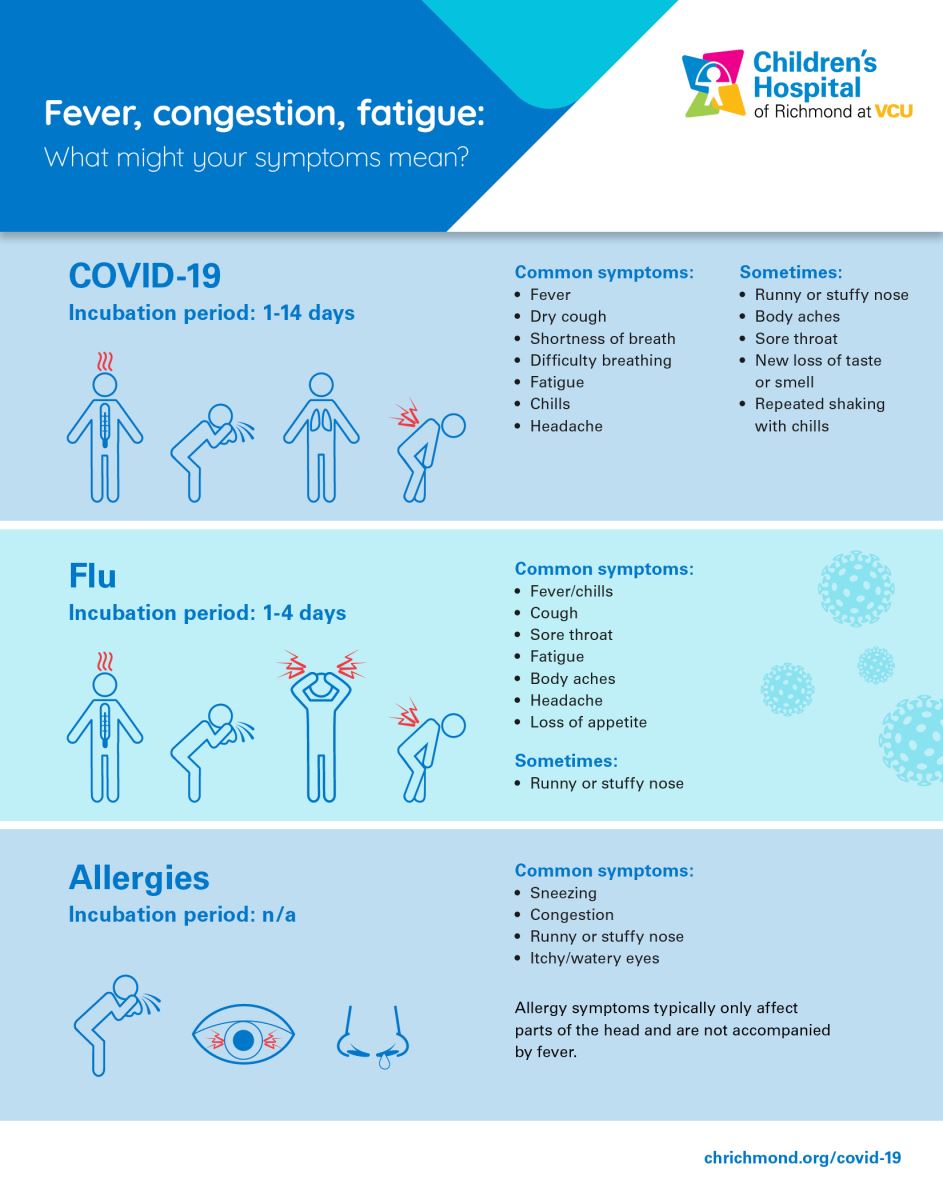
Fever, congestion, fatigue: What might your symptoms mean? | Children's Hospital of Richmond at VCU
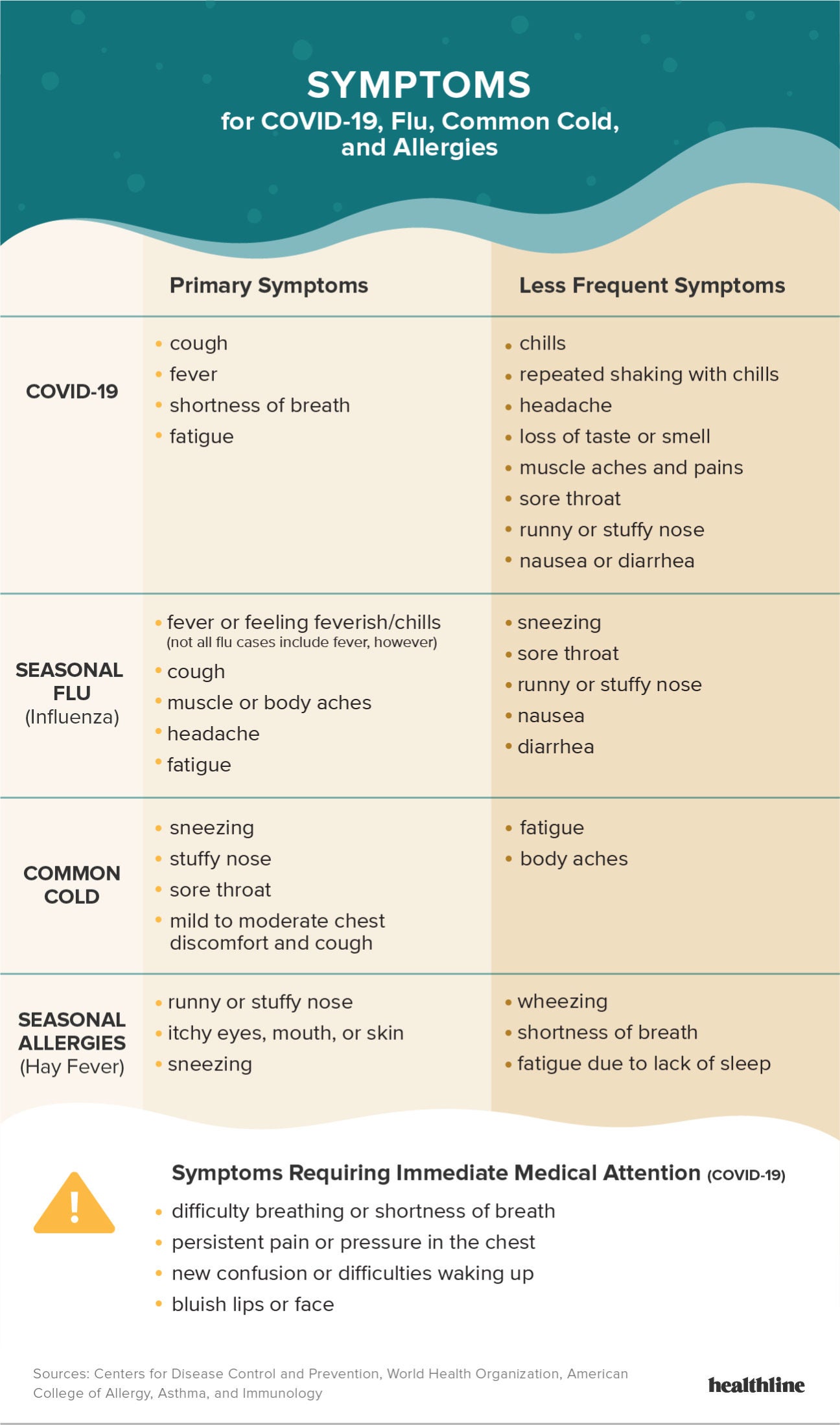
Different Symptoms for Coronavirus, Flu, and Allergies
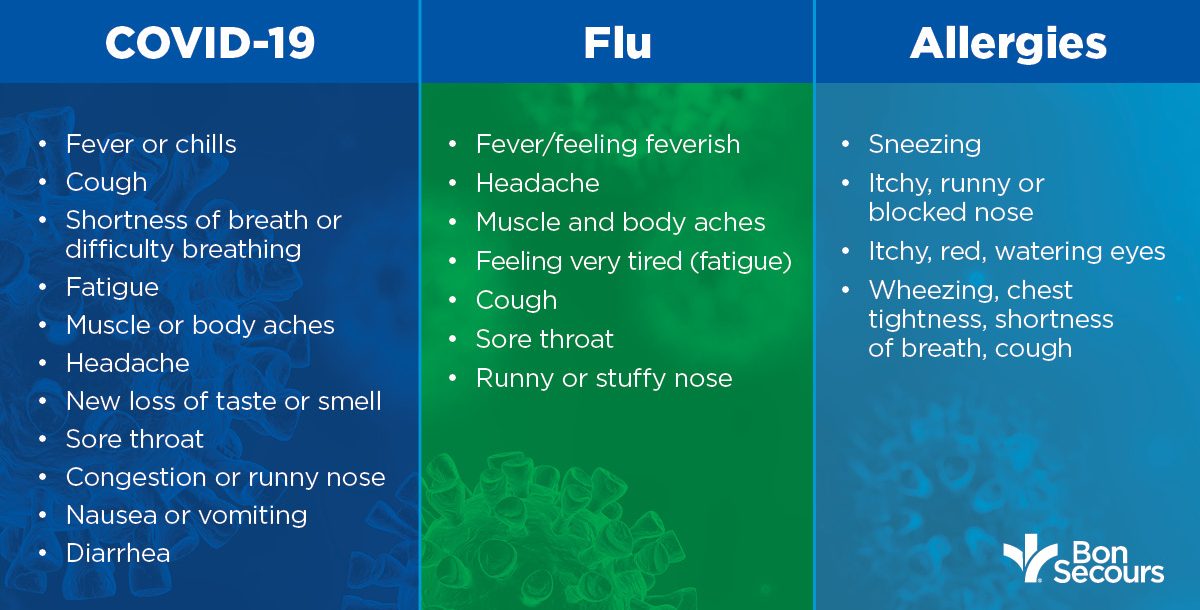
Coronavirus vs. Flu vs. Allergies | Bon Secours Blog
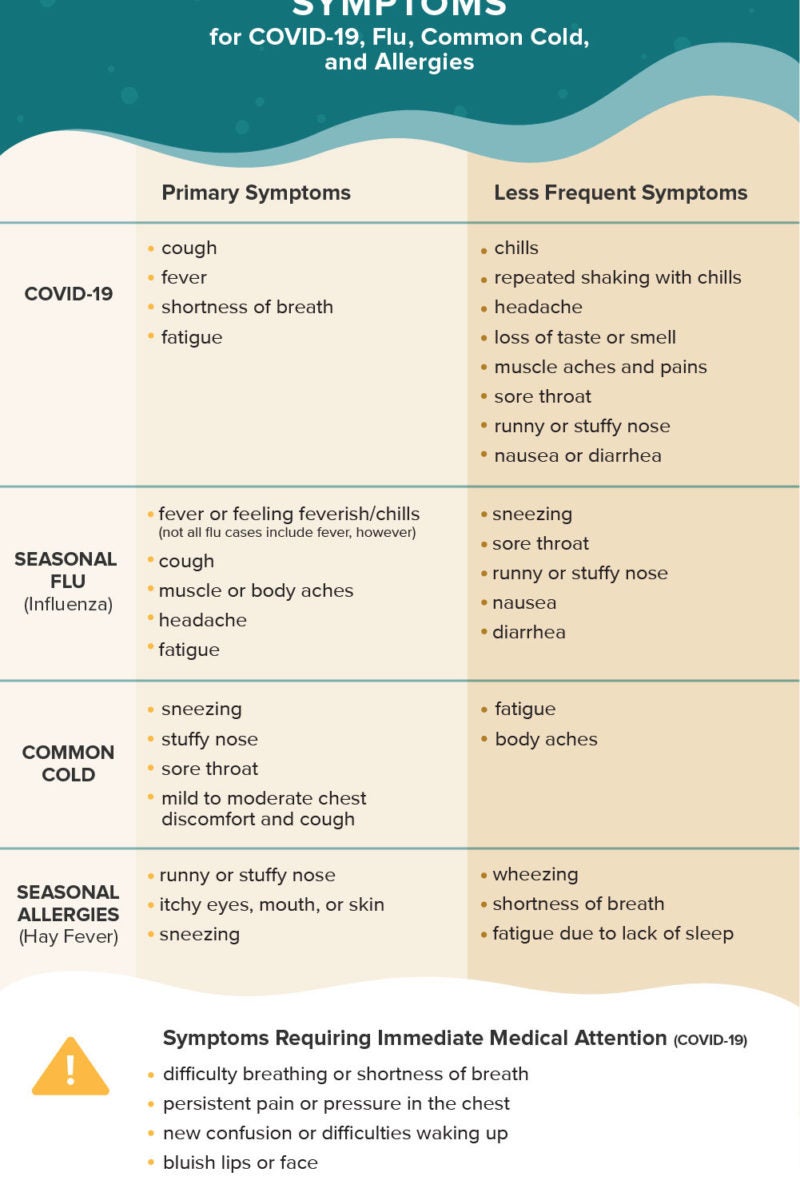
Different Symptoms for Coronavirus, Flu, and Allergies
/lung-cancer-symptoms-4014389_color-9405196b97064d509fe43ef1f8f14e2d.gif)
Lung Cancer: Signs, Symptoms, and Complications

Knowing the different symptoms of coronavirus, flu and allergies
WHO African Region on Twitter: "Do you know the symptoms of #COVID19? ➡️ Sore throat ➡️ Dry cough ➡️ Fever ➡️ Shortness of breath ➡️ Fatigue Remember to wash your hands, wear
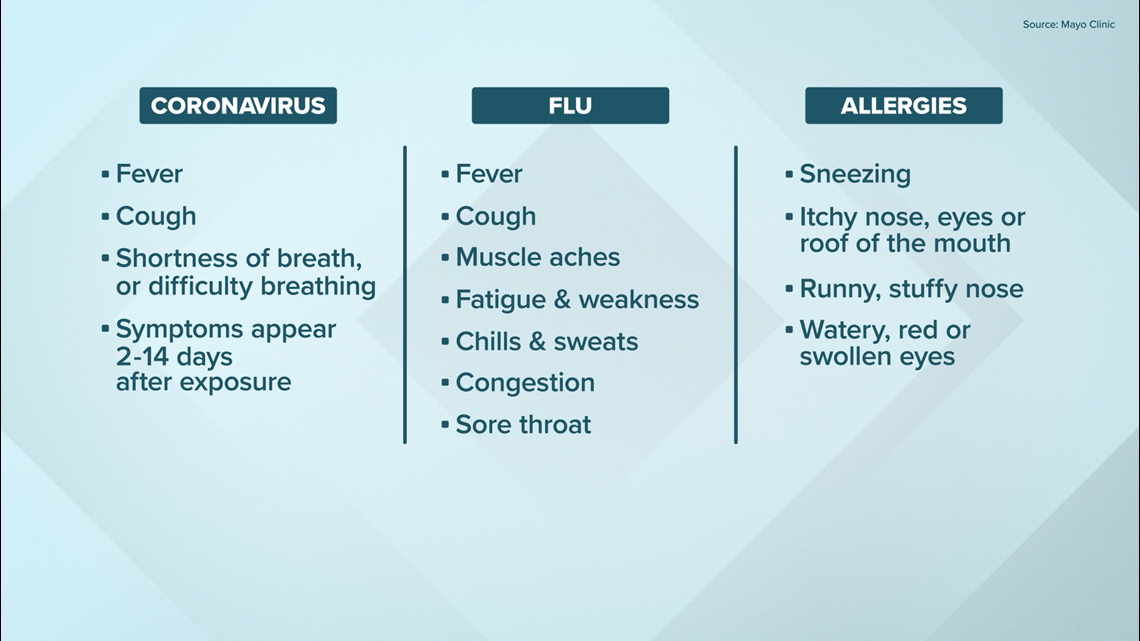
Coronavirus: Do I have COVID-19, the Flu or just allergies? | wwltv.com

Is It COVID-19 Or Something Else? What Experts Are Learning About Symptoms : Goats and Soda : NPR


Dispelling Myths about Dry Drowning - UnityPoint Health

Is It COVID-19 Or Something Else? What Experts Are Learning About Symptoms : Goats and Soda : NPR
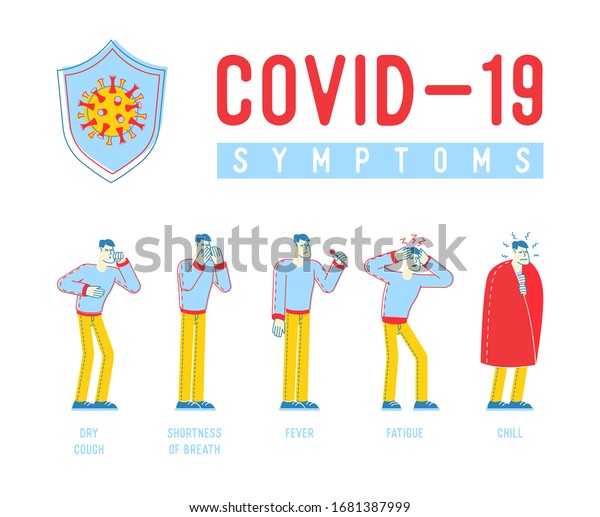
Coronavirus Symptoms Concept Dry Cough Shortness Stock Vector (Royalty Free) 1681387999

Could My Symptoms Be Covid-19? - The New York Times

Fever, congestion, fatigue: What might your symptoms mean? | Children's Hospital of Richmond at VCU
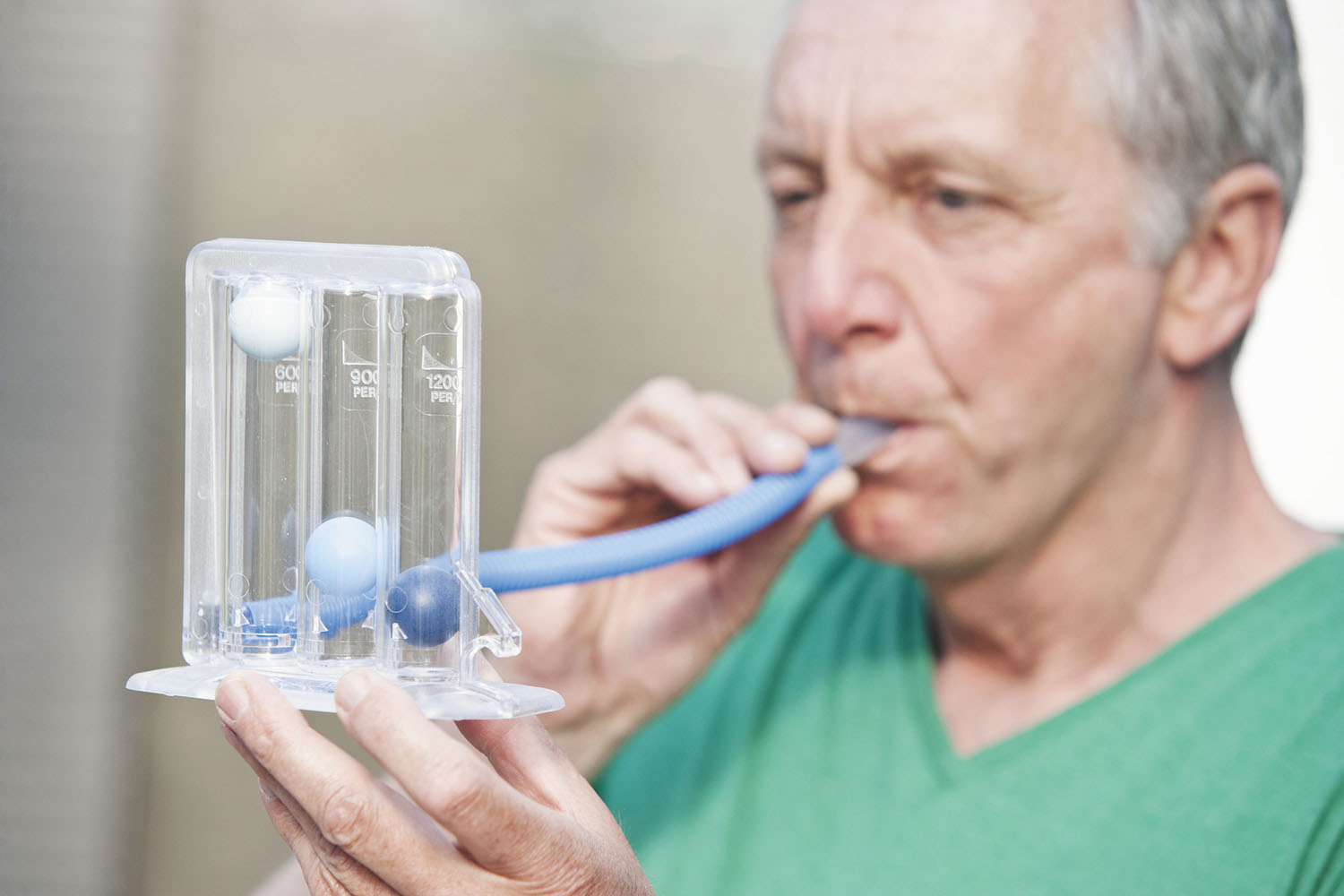
Shortness of breath: A common symptom with many possible causes - Harvard Health

Symptoms You Should Never Ignore - Pain, Shortness of Breath
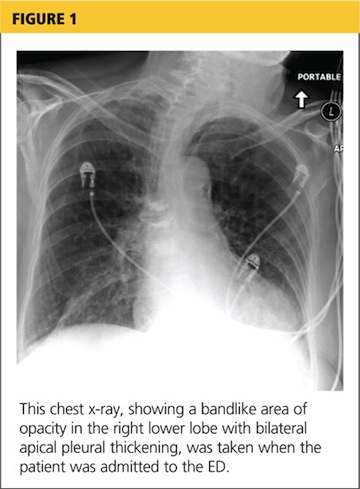
Woman, 78, With Dyspnea, Dry Cough, and Fatigue | Clinician Reviews

Flu, coronavirus & allergies: Do you know the different symptoms? | CharlestonAllergy.com
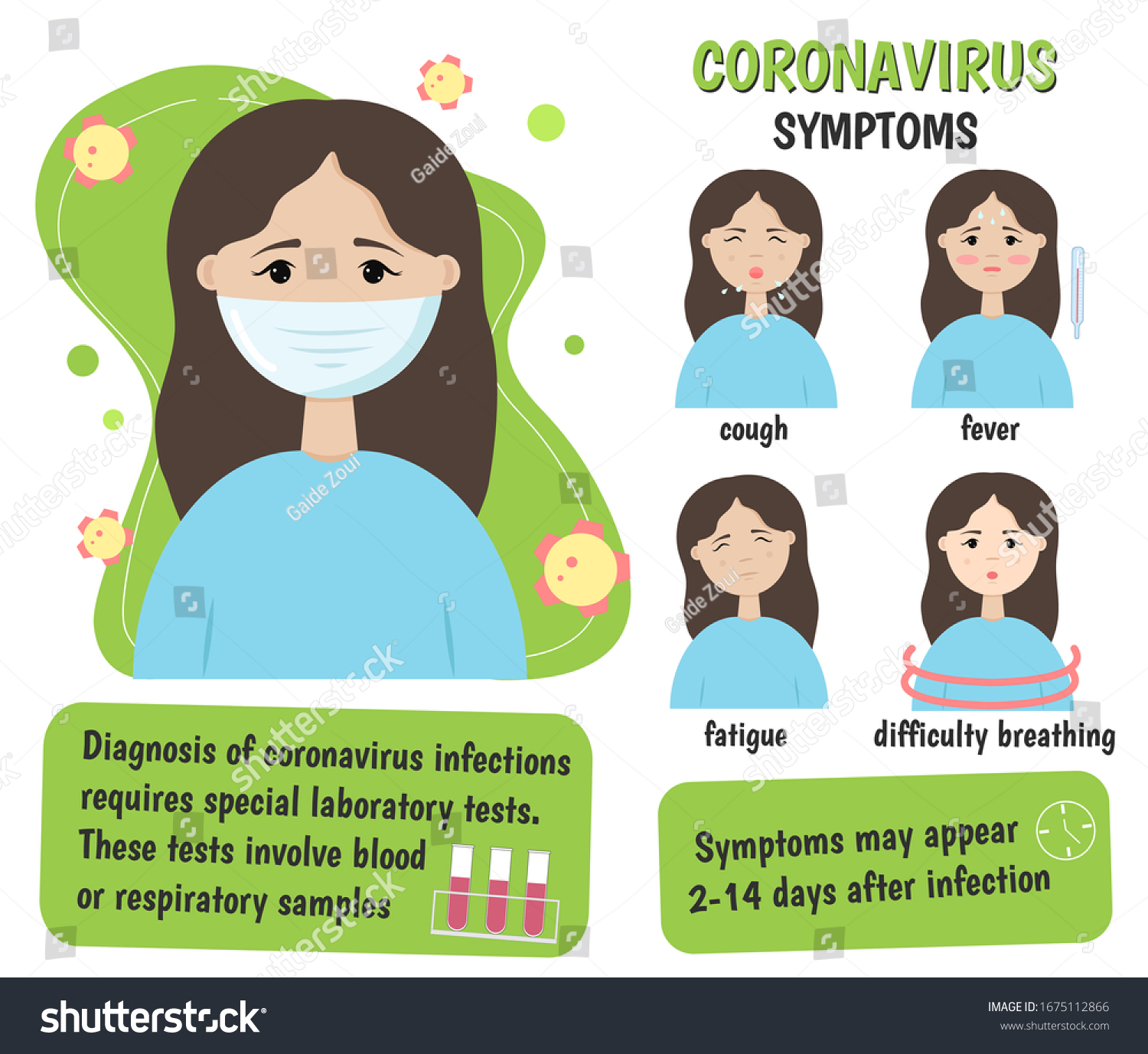
Medical Infographic Coronavirus Symptoms Fever Shortness Stock Vector (Royalty Free) 1675112866

Covid-19: Cough, fatigue, sore throat 'more common' with new variant - BBC News

What are the early symptoms of coronavirus (COVID-19)?
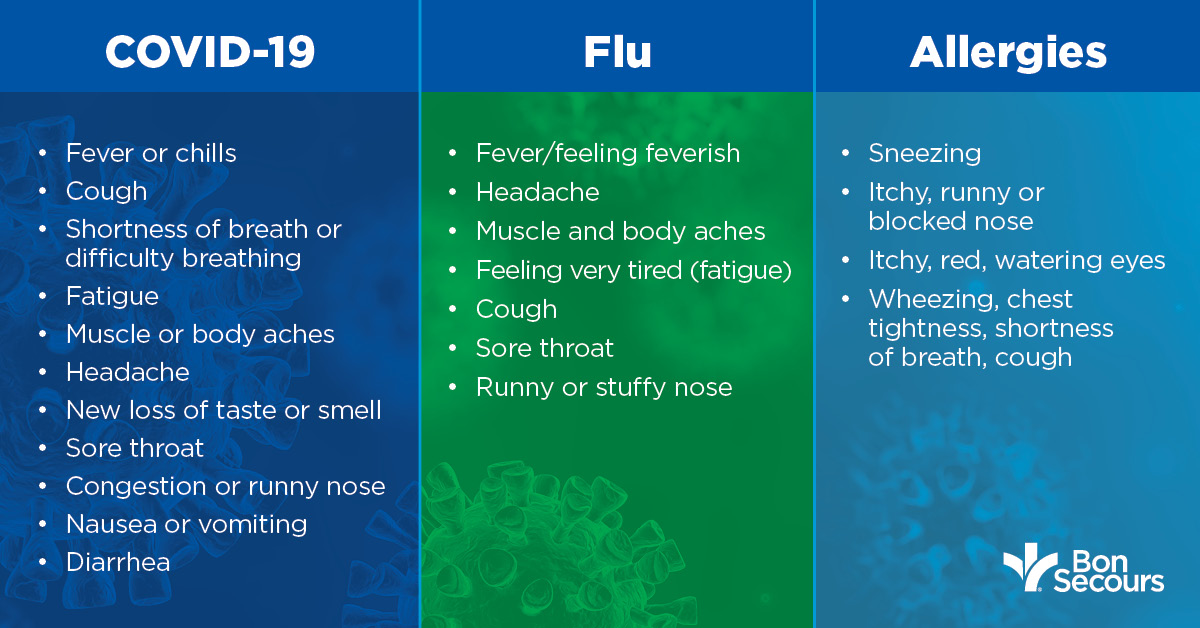
Coronavirus vs. Flu vs. Allergies | Bon Secours Blog

Is it COVID-19 or seasonal allergies? | MIT Medical
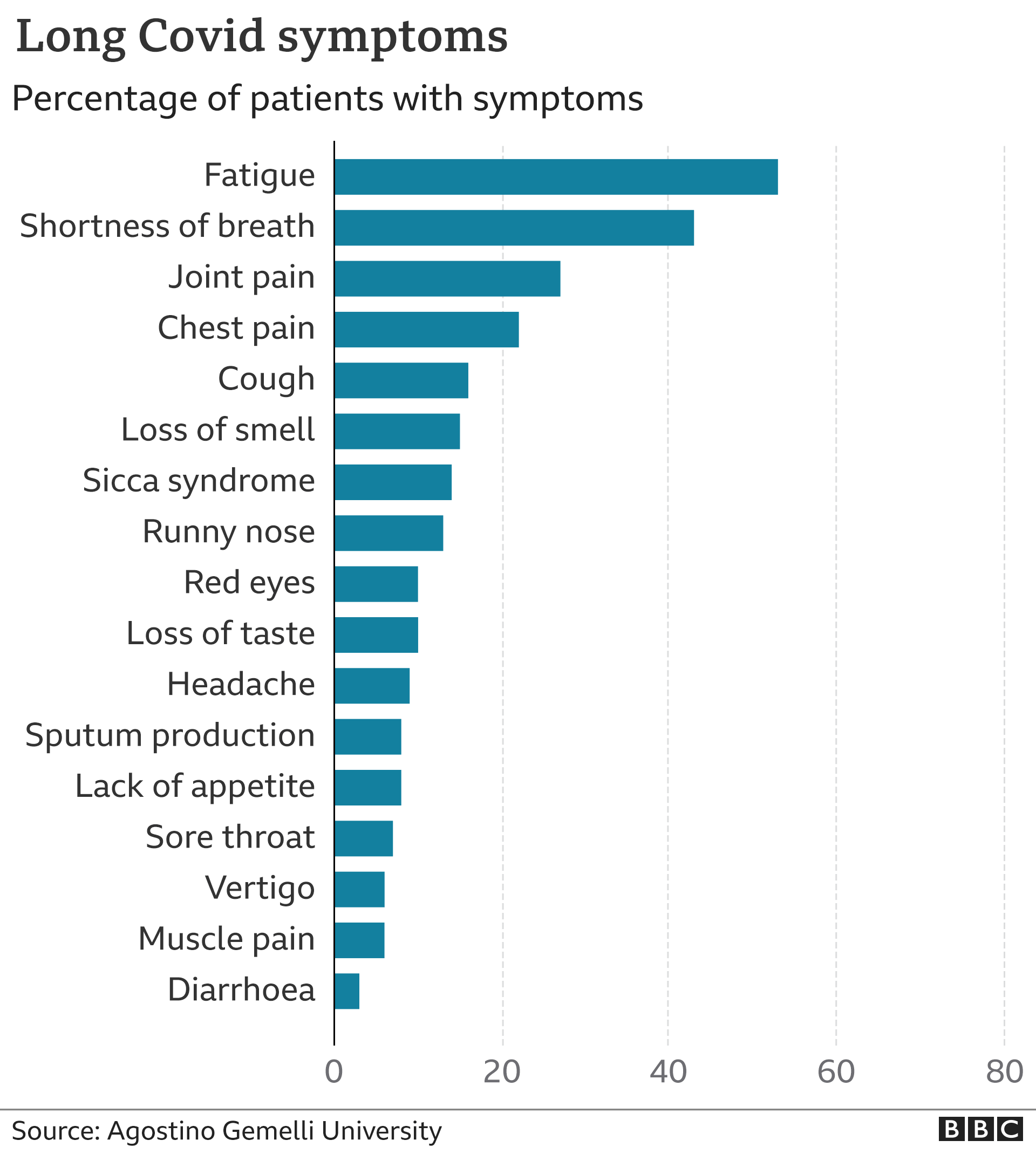
Long Covid': Why are some people not recovering? - BBC News

Coronavirus Symptoms: What to look for | News 4 Buffalo

Cold, flu, allergies or COVID-19? How to tell the difference | OSF HealthCare

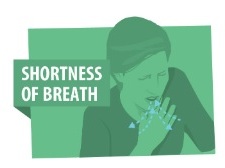
Shortness of breath - Wikipedia

That nagging cough - Harvard Health
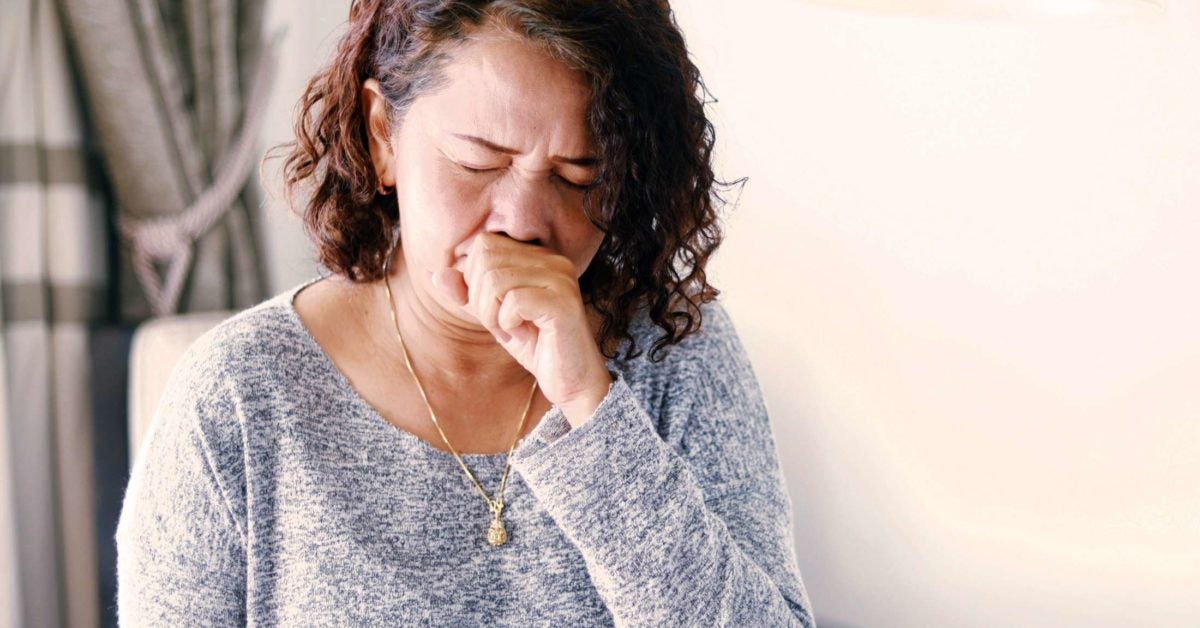
Wet cough: What it means, treatments, and more

New coronavirus symptoms listed by CDC - al.com

What You Need to Know About Vaping-Related Lung Illness - The New York Times
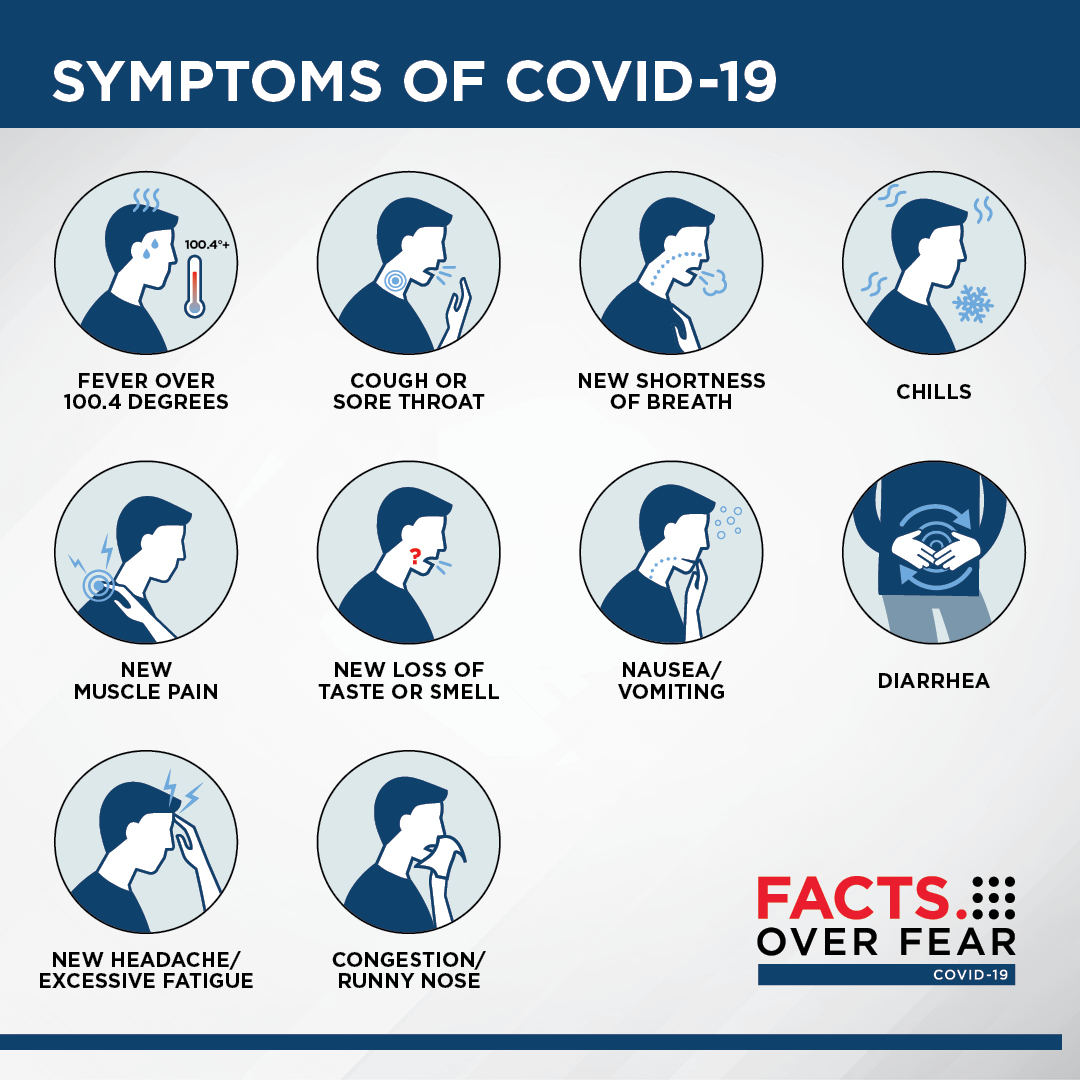
COVID-19 FAQs: How can I tell if I have coronavirus?
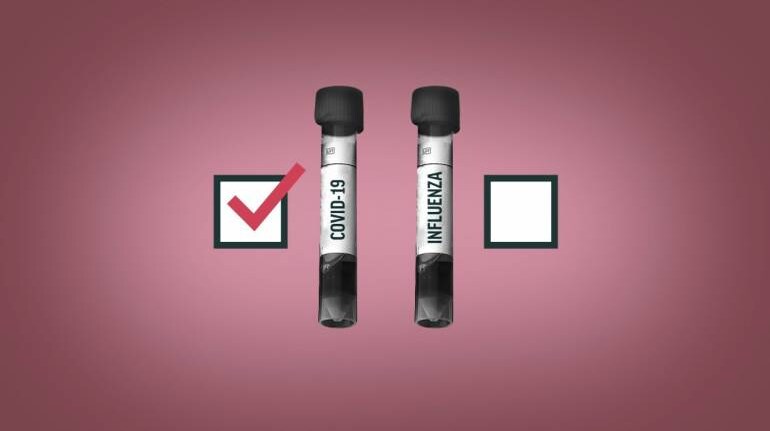
How Can I Tell The Difference Between The Flu And COVID-19?
Posting Komentar untuk "cough shortness of breath fatigue"